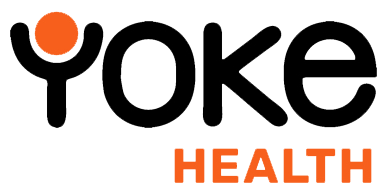Digital healthcare – 4 key milestones over the next 25 years
Posted in Digital Healthcare Insights
It’s difficult to imagine a medical world without technology. One where AI is nowhere to be seen, free from computers and tablets. Where there are no tools like Skype and life-sustaining equipment such as ECGs and dialysis machines.
With technology all around us, it’s easy to overlook just how big a difference it makes when it comes to medical outcomes. But even the most seasoned patient might struggle not to be impressed by the following four huge strides to come over the next 25 years.
10 years
Doctors will rely on AI to support their diagnoses
Healthcare experts had high expectations of IBM Watson – an AI-powered question-answering machine.
The IBM Watson HQ in Manhattan showcased the machine’s power as it collected patient symptoms and made diagnosis suggestions, each delivered with a ‘confidence level’.
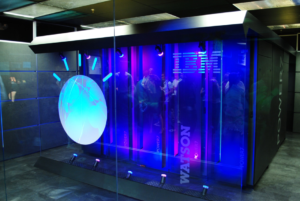
But out in the real-world, Watson failed, as it went up against a huge void between how machines operate and how doctors work.
Over the next decade, this is a divide to be bridged by AI, and once the last kinks between machine and doctor are ironed out, we can expect a far more harmonious relationship to AI-charged diagnoses.
15 years
Your smart watch could predict a heart attack
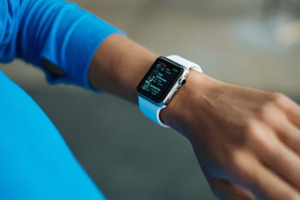
Your smartwatch is already tracking your fitness and giving you instructions on leading a healthier life. And right now, we’re on the cusp of smartwatch data that can be exported directly into NHS infrastructure, which is already a big focus of the Oxford University Hospitals NHS Trust.
“Big data is key to the future of the NHS. It will give us the evidence-base to make significant changes. Data science is developing in the UK as a whole, and we need to seize the opportunity”.
– Peter Knight, Chief Information and Digital Officer of Oxford University Hospitals NHS Trust
Until now however, smartwatch technology has stopped far short of interacting with biometric data.
Over the next 15 years this will change. Smartwatches will be able to deeply analyse your sleep patterns, heart rate, chemical imbalances and exact calorie burning. It might even be able to predict a heart attack coming, giving you time to get to the hospital.
20 years
Prescription drugs will get smarter and more effective
Customised prescriptions will become the norm, with predictive AI customising drug combinations and dosages according to the patient’s unique characteristics.
This means that a patient will enjoy medications that take their genetic predications and previous medication responses into account (but before we get there, major IT infrastructure upgrades will be required).
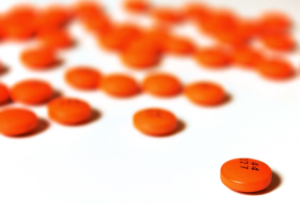
25 years
Appointments AND medication delivery will be virtual
We’re already seeing what virtual, Skype-based appointments can do for under-pressure doctors’ surgeries. But in 25 years, remote care will take a massive leap forward, with medications that are delivered following an appointment – direct to your home and within timescales that today seem impossible.
Many experts imagine that this might involve prescriptions delivered via Amazon-style drones. Amazon already has plans to deliver their own orders within 30 minutes in the next few years, so it’s not beyond the realms of possibilities to imagine this working well in the world of healthcare.
There are few predictions that can be made with total certainty about the future of healthcare. But one thing we are certain of is that technology will continue to revolutionise the medical world. Wondering what technology could do for your healthcare organisation? Let’s talk.
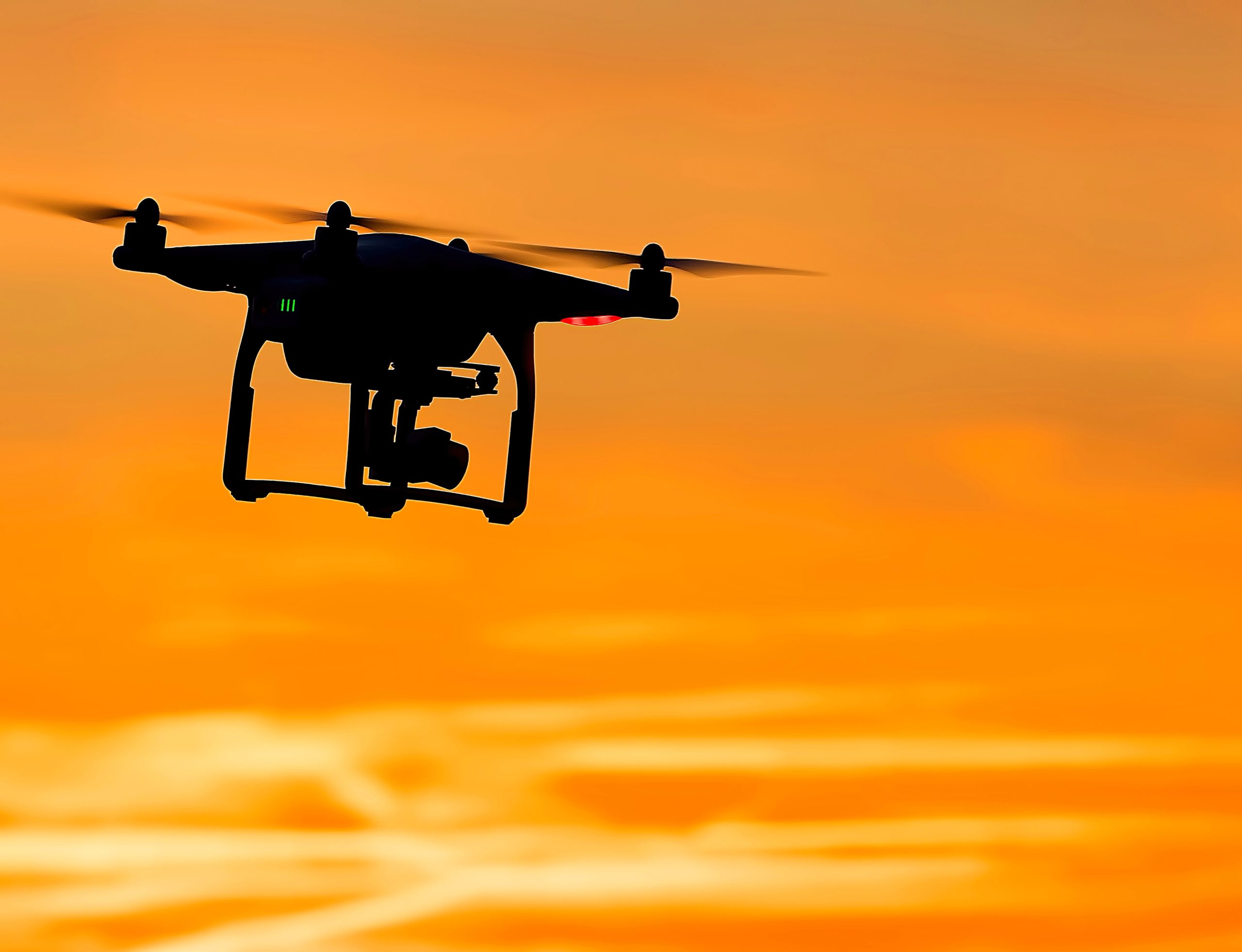
Monthly Archives
- July 2023
- July 2020
- June 2020
- May 2020
- April 2020
- March 2020
- February 2020
- January 2020
- December 2019
- October 2019
- September 2019
- August 2019
- July 2019
